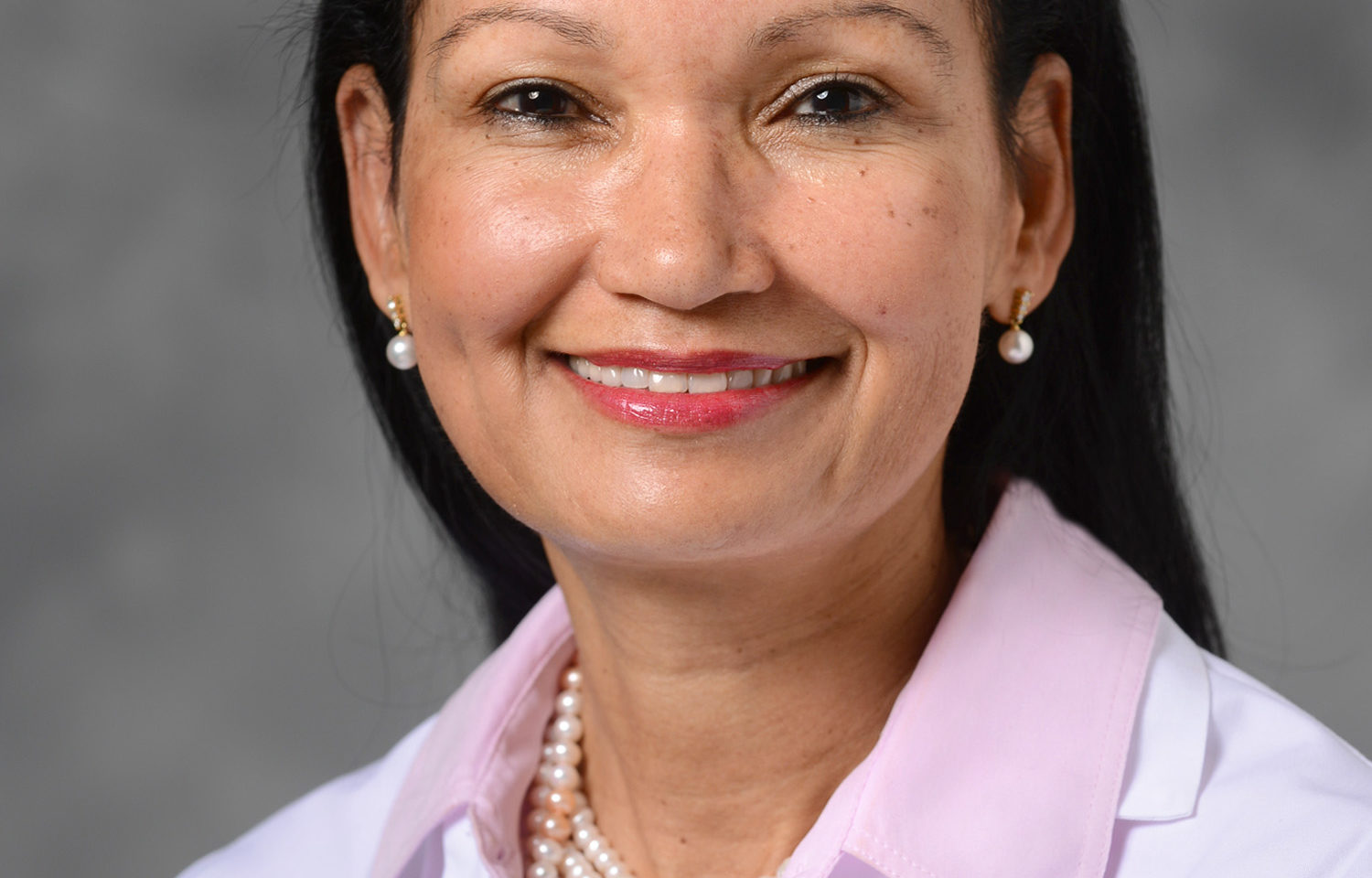
This is the second part of our conversation with Lisa A. Newman, M.D., Director of the Breast Oncology Program at the Henry Ford Cancer Institute. Dr. Newman has done significant research on Black women and breast cancer, so we thought it was so important to bring you her insights in a three- part series. This second conversation focuses on screening, detection and treatment. This is information that can save lives.
What is the best screening technique for detecting breast cancer in Black women?
Mammography and general breast health awareness are the most important screening strategies for AA women.
Women who have had relatives diagnosed with breast cancer at young/premenopausal ages, and women with known/documented BRCA mutations, should start yearly mammograms prior to reaching age 40; they should initiate screening mammograms 5-10 years younger than the youngest age of breast cancer diagnosis in the family, and they should undergo breast MRI to monitor their breasts in addition to mammography.
Being aware of changes in the breast (a new lump; bloody nipple discharge; skin changes such as inflammation or dimpling) is also essential in AA women.
Are you still recommending breast self-exams?
The traditional monthly breast self-examination recommendation is no longer popular, largely because many women were inexperienced and poorly-educated regarding a proper self-exam. Every woman has some degree of fibrocystic nodularity or density which can create variations and/or ridges in the breast texture. I encourage my patients to be aware of their own baseline breast architecture so that they will be more astute at recognizing a significant change. For women who decide to pursue the traditional monthly breast self-examination, I try to educate them regarding the proper techniques of visual inspection in front of a mirror and methodical palpation of the entire breast as well as underarm areas.
Is lumpectomy followed by treatment a real option for Black women who tend to have more aggressive cancer?
Survival from breast cancer is determined by whether the aggressive nature of the tumor can cause it to metastasize to other organs. Survival from breast cancer is therefore equivalent for patients pursuing breast-conserving surgery (lumpectomy and radiation) versus mastectomy surgery; the aggressive nature of the tumor and the metastatic risk is the same regardless of the extent of the breast surgery.
Breast-conserving surgery is therefore safe in AA women, as long as the tumor is detected at a small size when a lumpectomy is feasible. Some TNBC patients that are diagnosed with large, bulky tumors and in these cases we often recommend treatment with chemotherapy prior to the definitive surgery. If the chemotherapy shrinks down the size of the tumor (as often happens with TNBC), then the patient may become a better candidate for a lumpectomy as breast-saving surgery.
Are you an advocate for chemo before surgery? In what kind of cases?
Chemotherapy delivered prior to surgery (called preoperative, or neoadjuvant chemotherapy) has several advantages, but it is essential that the patient have clear-cut indications for receiving chemotherapy before the neoadjuvant sequence can be considered. If a breast cancer is caught very early then the patient may be effectively treated by mastectomy or lumpectomy/radiation and chemotherapy may not be necessary at all. Patients with hormone receptor-positive breast cancer (breast cancers where the tumor is found to be positive for the estrogen and/or progesterone receptor) usually receive special, hormonally-active cancer-fighting pills called endocrine therapy.
TNBC cases cannot be controlled with endocrine therapy because they are negative for the hormone receptors. We are therefore more likely to recommend chemotherapy for cases of TNBC. Even with TNBC, however, if the cancer is very small and if the lymph nodes are negative for any cancer, then the patient can avoid chemotherapy and still have an excellent prognosis.
For patients that will clearly benefit from chemotherapy (such as patients with larger-size TNBC tumors; patients with cancers that have spread to the lymph nodes), delivering the chemotherapy prior to surgery can offer several potential benefits: it can shrink the breast and/or lymph nodes down so that less extensive breast and/or lymph node surgery is necessary, often enabling a patient to save her breast; it can give the patient more time to undergo genetic testing, which may help some women decide on the extent of their surgery; and it allows the oncology treating team to get a rapid impression of the effectiveness of the chemotherapy regimen. If the tumor in the breast is not shrinking during the chemotherapy, then an alternative chemotherapy regimen may need to be considered.
What are the benefits of going to a multidisciplinary team for diagnosis and treatment?
A multidisciplinary team approach provides the patient with the highest confidence that multiple specialists are evaluating her particular case, and bringing their areas of expertise into the treatment-planning discussion. This approach insures comprehensive review of the pathology and all breast imaging so that the nature of the actual cancer is characterized and the most appropriate spectrum of treatment options are offered, including possible clinical trial considerations. The multidisciplinary approach maximizes OPTIONS for the patient.
It is extremely important for AA women to advocate for themselves when it comes to breast health awareness, and to spread this message throughout our community. It is also important for AA breast cancer patients to consider participating in clinical research when feasible, and when they have identified a breast program that they trust. Contributing to research can be as straightforward as responding to a survey or consenting to a registry program. Sometimes clinical research is more complex and involves treatment trials where a breast cancer patient might have access to a novel, potentially more effective therapy.
 Dr. Newman is a surgical oncologist and with a clinical and research practice dedicated to breast cancer management. In August 2018 she was appointed Chief of the Breast Cancer Disease Management Team within the Meyer Cancer Center and Chief of the Breast Surgical Oncology Programs for the Weill Cornell Medicine-New York Presbyterian Hospital Network, serving its Manhattan, Queens, and Brooklyn sites.
Dr. Newman is a surgical oncologist and with a clinical and research practice dedicated to breast cancer management. In August 2018 she was appointed Chief of the Breast Cancer Disease Management Team within the Meyer Cancer Center and Chief of the Breast Surgical Oncology Programs for the Weill Cornell Medicine-New York Presbyterian Hospital Network, serving its Manhattan, Queens, and Brooklyn sites.


